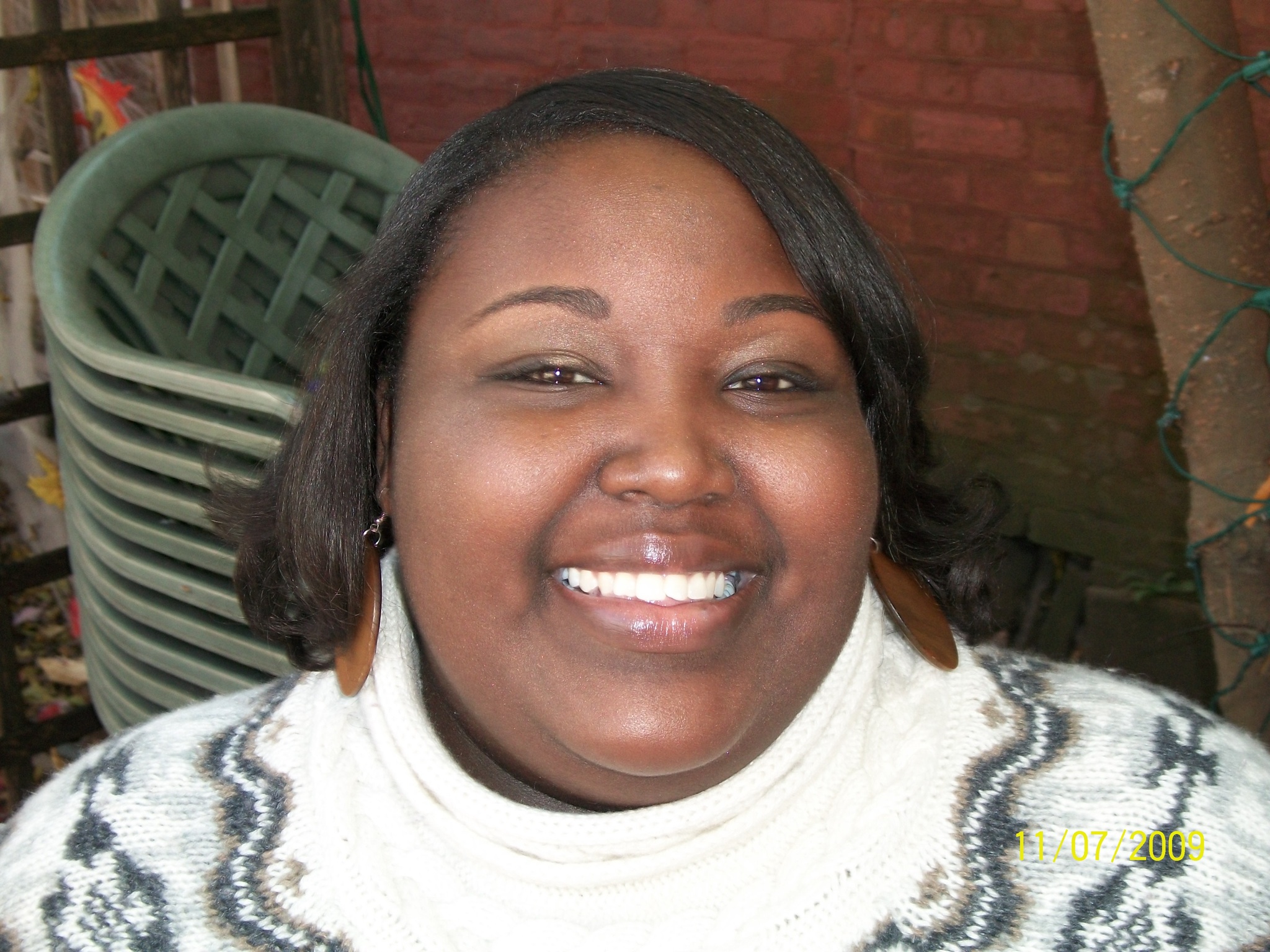*Meet Eboni Long*

A big part of becoming an adult is figuring out what type of career you want. In an effort to shed light on some of the options that are out there for you to consider, I plan to introduce you to different career fields by interviewing to someone who works in that industry. This week, I interviewed Eboni Long. Eboni is a professional who works in the field of social work. Here is my interview with Eboni:
What is your profession? I started my career as an Intensive In-Home Therapist, but now I am working to become a Marriage and Family Therapist.
What made you want to do it the in-home therapy? I actually didn’t know that this was what I wanted to do. Originally I wanted to be a lawyer, but I was nearing the end of my undergraduate studies when my mentor suggested the in-home therapist job because he thought I would be good at it. I didn’t even know what it was, but I pursued the lead he gave me and ended up with a position as an in-home therapist.
Describe a typical workday:
I would start my day with in-home sessions, 2-3 families per day. Then, I would go into the office to update my supervisor on the families with whom I was working. I would usually do a few hours of paper work. There would sometimes be a meeting with the entire team to discuss our most critical cases and exchange ideas on how to handle them. There would be times when I was required to go to court. If there was a child that was having problems in school, I would hold a session at the school to speak with their teachers. Since the point of this type of therapy is to get involved with all of the systems that affect the child, I was often required to be in lots of different places.
What is the goal of intensive in-home therapy?
The overarching goal is to basically help families live better. If a child was on a track to be placed outside the home, my job was to try to minimize the risk of them having to leave. If the child was already outside the home, I had to try to help them get integrated at their new home. This field started because there were kids who were placed in facilities that helped them to get better, but when they went home, all of that progress would be lost. They would go back to their old behaviors. The in-home therapy came about to try to change the environment that the child had to go back to so that they could be as successful at home as they were in the facility.
Do you believe that an advanced degree is necessary to work in this field?
I don’t believe that it is necessary, but I would recommend getting an advanced degree. If all you want to do is in-home therapy, you can do it with only a bachelor’s degree because you are working for someone who has additional credentials, and you will have to follow their treatment plans. If you choose to get a master’s degree, you can get different certifications that people with only a bachelor’s can’t get. The advantage of having the different certifications is that they will allow you to branch out and do other types of therapy. Having multiple certifications also makes you more marketable when looking for another job.
Where do you see yourself in ten years?
I see myself with my own marriage and family therapy practice and possibly teaching humanities related courses at the college level.
Why did you decide to change your focus from in-home therapy to marriage and family therapy? I want my primary focus to be rehabilitating the stressed relationships of couples having marital problems. I also want credentials so that I can practice under my ideas and treatment plans instead of someone else’s. When you don’t have your own credentials, you have to work under the plans that your supervisors and/or consultants think is best even if it is contrary to your thoughts. In addition, I want to have the same knowledge and skill sets that my supervisors/consultants have so that I can formulate what I believe the best course of action will be in each of my cases.
Do you have any advice for a young woman who aspires to work in the field of social work?
Yes. If this is what you want to do, you have to love it. You have to love working with people and wanting to help people because it requires a lot of you mentally, emotionally, and financially. It is mentally and emotionally draining to sit across from people who are screaming at each other or who are grieving a loss. It can be hard financially because of the additional schooling required. Also, you have to make sure you take care of yourself. If you don’t, you can’t give others the care that they need. It is imperative that you take care of yourself.
If you have more questions about the field of social work, you can contact Eboni at: ebonislong@gmail.com
The first step in pursuing your chosen career is to obtain the proper education for that career. For those of you who are interested in social work, here is a list of the top ten social work programs, according to US News, to get that advanced degree in social work that Eboni recommends:
1. University of Michigan–Ann Arbor Ann Arbor, MI
1. Washington University in St. Louis St. Louis, MO
3. University of Chicago Chicago, IL
3. University of Washington Seattle, WA
5. Columbia University New York, NY
5. University of North Carolina–Chapel Hill Chapel Hill, NC
7. University of California–Berkeley Berkeley, CA
7. University of Texas–Austin Austin, TX
9. Case Western Reserve University Cleveland, OH
10. Boston College Chestnut Hill, MA
(Source: US News – http://grad-schools.usnews.rankingsandreviews.com/best-graduate-schools/top-health-schools/social-work-rankings)
-Tiffany Vicks
facebook comments:


